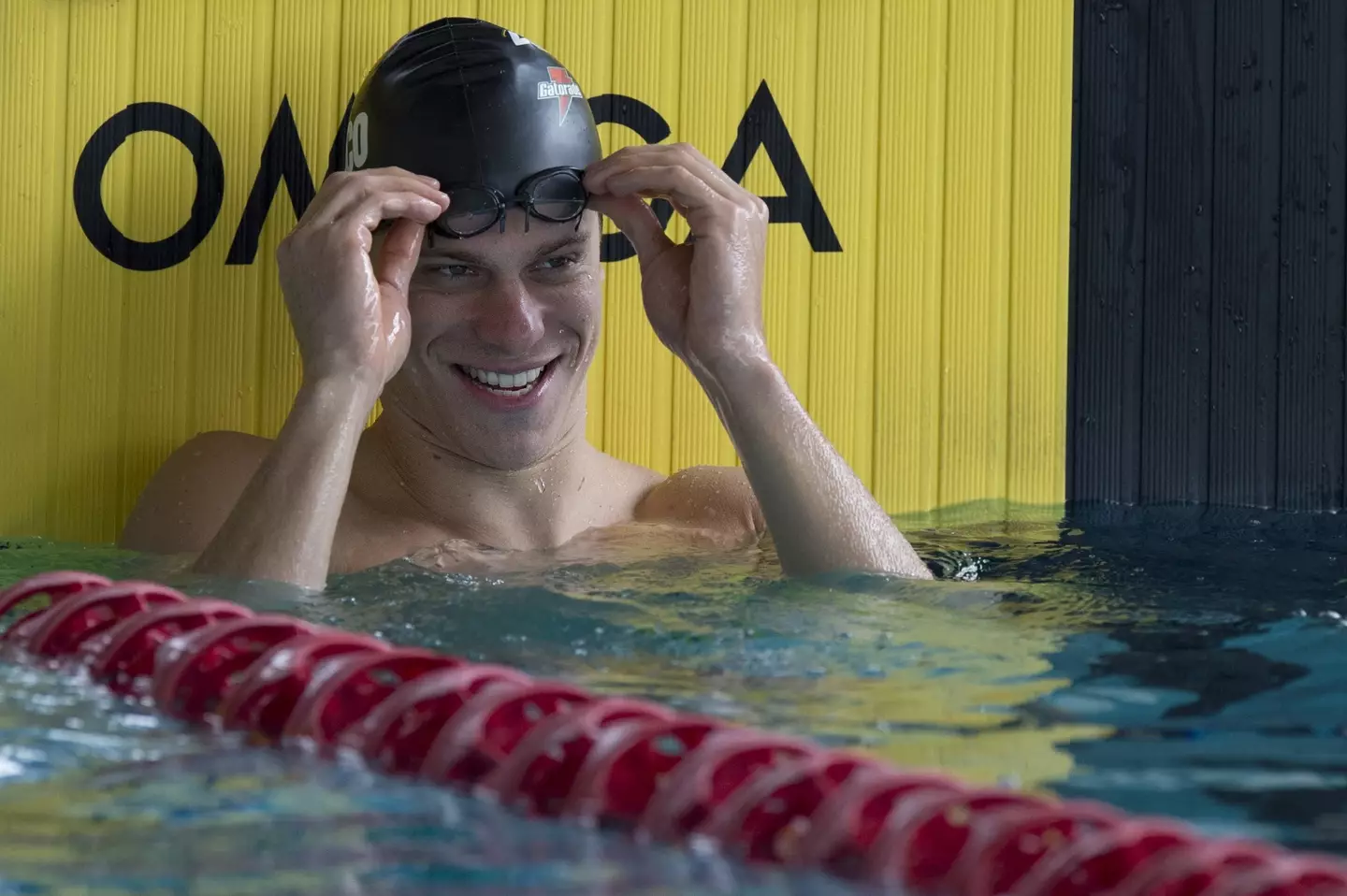.jpg)
The International Olympic Committee (IOC) has slammed the 'utterly irresponsible and immoral' Enhanced Games in a recent statement.
The controversial multi-sport event is designed to allow athletes to use performance enhancing drugs without testing, supposedly to find out what humans can achieve.
It was recently announced that the first edition of the Enhanced Games will be held in May 2026 in Las Vegas.
Organisers claim they have already broken a world record in the men's 50m freestyle.
Advert
Kristian Gkolomeev, who finished fifth at the Paris Olympics, allegedly broke Cesar Cielo's world record by 0.02 seconds, clocking a time of 20.89 seconds.
But the time was set while the Greek swimmer was both taking PEDs and wearing a 'super suit', which were banned in 2009, just weeks after Cielo set the world record.
Although the Enhanced Games say Gkolomeev's time is legitimate, it will not be recognised by World Aquatics.
After his swim, the Greek is already significantly richer, with the organisers giving $1 million to any Enhanced Games athlete who breaks a world record.

What did the IOC say?
Ahead of the International Athletes Forum, which will be held in the Swiss city of Laussane on June 11 and 12, the IOC issued the following statement.
They said: "As athletes, we believe that the Enhanced Games or any events encouraging the use of performance-enhancing substances and methods are a betrayal of everything that we stand for.
"Most importantly, these events undermine the integrity of sport, and the responsibility athletes hold as role models in society.
"Promoting performance-enhancing substances and methods sends a dangerous message – especially to current and future generations of athletes.
"Such substances can lead to serious long-term health consequences – even death – and encouraging athletes to use them is utterly irresponsible and immoral.
"No level of sporting success is worth such a cost.
"We stand firmly together for the values of fair play, ethical behaviour and respect – principles that have shaped our journey and that we believe should guide and inspire the next generation of athletes.
"We will do everything we can to protect the integrity of sport for generations to come.

How dangerous is it for athletes to take PEDs?
Very. Scientists are still learning about the long-term consequences, but professors Ian Broadley and Martin Chandler recently spoke to the Guardian about their research.
Chandler wrote: “We are also now starting to see some serious long-term effects from steroid use in the research.
“Things like reproductive function or libido just being killed off with no real clear understanding of why. A person’s hormone levels appear fine, but their function isn’t.”
He also warned of the impact testosterone may have on the heart.
